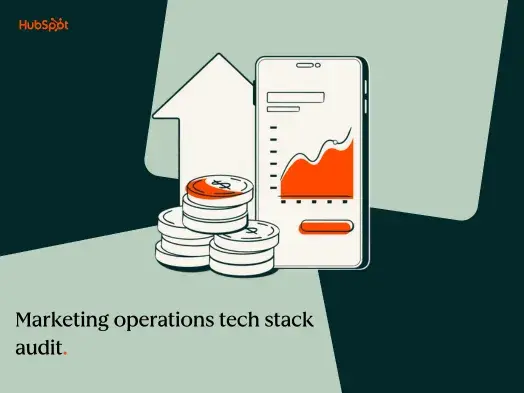
With over three billion people playing video games globally (40% of the Earth’s population), there is now plenty of research. Gaming has developed from simple dice games centuries ago to computational real-time rendering of online multiplayers.
But beyond the entertainment is provides, there is more. Purposefully or not, gaming has become a training ground for broad set of valuable skills. It is no surprise that many entrepreneurs are avid gamers, other than the matter of finding time for it.
Strategic Thinking
Strategic thinking is everything to both entrepreneurs and gamers. Real-time strategy games like StarCraft II demand a certain competency in long-term planning. Players ought to adapt to change rather quickly, and anticipate their opponent’s moves to achieve victory. In fact, game theory itself has massive implications on business.
Turn-based strategy games like Civilization VI require careful resource allocation, which is the backbone of economics, as well as risk assessment, which is the backbone of investing and project planning. These are long games, too, mirroring the stamina that is required to carry out the strategy.
Even simpler games like slots online have proven to build up a certain emotional resilience in the sense that most of the time, you’re not hitting big jackpots. This is just the same lesson entrepreneurs face, but on a different scale.
Problem-Solving
The entrepreneurial world is very volatile, and being good at solving novel puzzles is going to be important. For example, Portal 2 forces you to think creatively and outside the box, while survival games like Minecraft teach players to adapt to unexpected changes in their environment. Beyond mere resilience, it encourages gamers to learn from their mistakes if they want to progress, just as entrepreneurs need to pivot their business models once they’re proving unviable.
Resource Management
Managing your resources is a genuine headache. It’s a difficult skill to practice for non-gamers and it can be quite abstract. You’re exposed to everything from strategy and math to working memory and knowing how to prioritise. Games like Cities: Skylines are pretty good at teaching players to be budget conscious. Players are relentlessly faced with compromises and opportunity costs – but they learn how to make those kinds of calls. Importantly, to monitor the results from any changes too. Every decision matters.
Teamwork Communication and Leadership
Successful businesses are built on strong teams, and online multiplayers depend on this too. Games like Overcooked 2 require players to communicate and coordinate actions, with some members taking on the leadership role, but others knowing they’re in support. Resolving disputes and disagreements needs to be rapid during fast-paced games, and players understand the importance of disagreeing in a civil way, because they need to stay on good terms for the next game. It’s no surprise that top gamers make great streamers, because they have fantastic communication skills.
Conclusion
Gaming is more than just escapism or a pointless passtime – it’s silently building up pattern recognition muscles, social skills, and problem solving abilities. It’s not anyone will recommend playing games to become a better entrepreneur (your time could be better spent building businesses), but everybody needs leisure time, and gaming is a great leisure time option.










